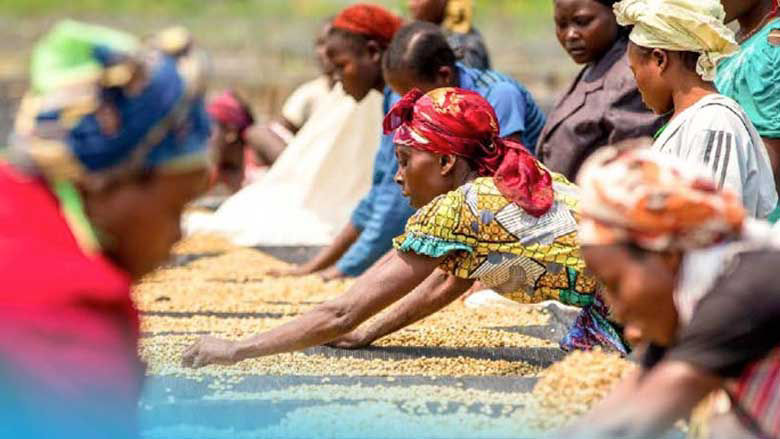Kenya recorded solid and sustained economic growth rates during the last two decades, which brought increased incomes, poverty reduction, and improved well-being to its citizens. However, the effects of the COVID-19 pandemic, rising macroeconomic vulnerabilities, and disappointing job creation trends reveal deeper structural constraints in the economy that undermine Kenya’s longer-term growth prospect and potential for promoting jobs and prosperity.
Before the COVID-19 pandemic, Kenya’s robust growth was driven by increased public sector borrowing, which has resulted in debt vulnerabilities and crowded out private investment. The government has committed to fiscal consolidation to restore fiscal space and reduce debt, but revenue underperformance remains a challenge to achieving fiscal targets.
Economy
With inflation under control, high reserves, and a stable exchange rate, Kenya’s monetary and external policy environment is solid. Moreover, GDP growth remains resilient in 2025 despite global economic uncertainties, and it’s expected to grow by 4.5% during the year. Labor market outcomes, nonetheless, remain weak; employment growth declined from 4.4% in 2023 to 3.9% in 2024, while the share of formal jobs remained low at around 15%. Fiscal consolidation remains a major challenge as Kenya is assessed in high risk of debt distress.
Growth is projected to recover to 4.9% on average during 2026–2027, driven by easing inflation, accommodative monetary policy, and a pickup in credit growth that should support household and business incomes, driving private consumption and investment.
Unless growth translates more efficiently to higher incomes for the poor, poverty is unlikely to decline rapidly. At the international poverty rate ($3.00 in 2021 PPP), poverty in Kenya is projected to decline by 0.7 percentage point to 43.8% in 2025. Structural reforms that raise the productivity of the private sector, support domestic revenue mobilization, expand access to skills, increase access to capital, and strengthen households’ resilience to climate shocks are needed to ensure inclusive growth and strengthen the link between growth and poverty reduction.
Although the economic outlook is broadly positive, it is subject to elevated uncertainty. The continuous failure to achieve fiscal consolidation targets could exacerbate Kenya’s debt vulnerabilities and undermine private sector-led growth. Climate hazards could resume inflationary pressures and food insecurity, affecting growth. Lower than anticipated growth in developed countries could undercut ongoing recovery in Kenyan tourism, exports, and remittances. Geopolitical tensions and elevated commodity prices would further tighten financial conditions, weaken external balances, and impact inflation.
Last Updated: Sep 22, 2025








